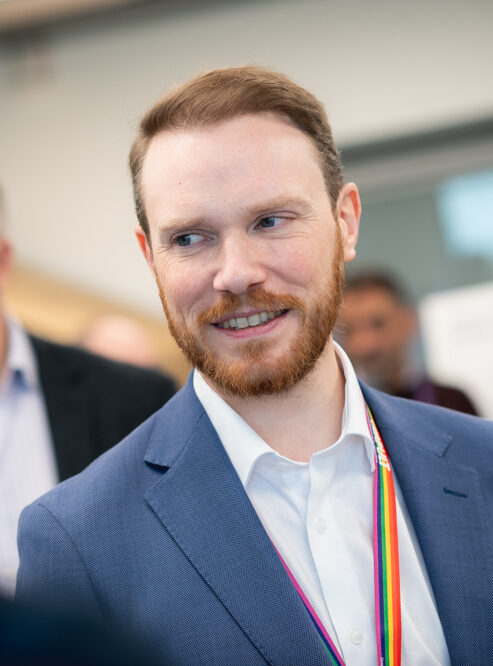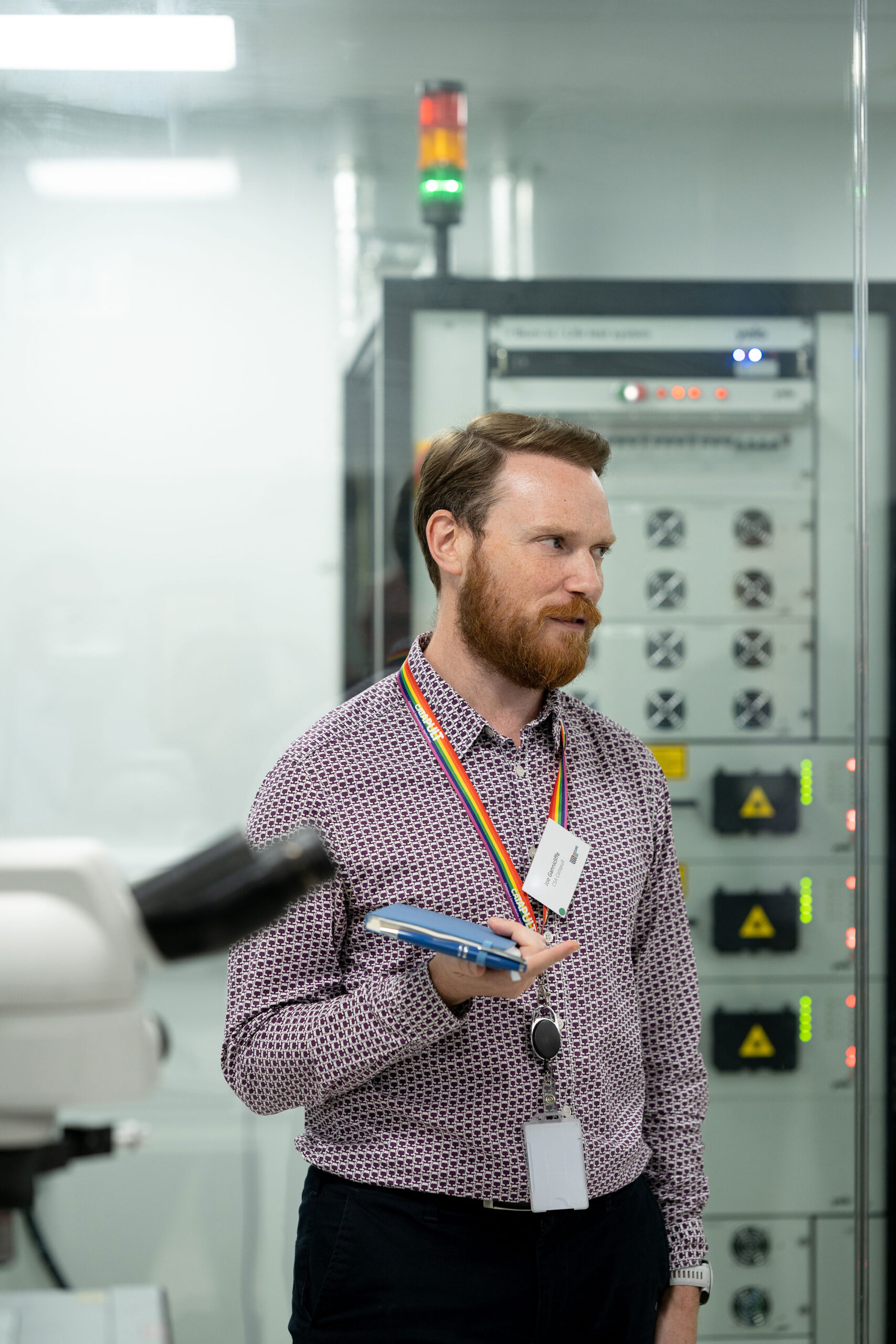What would you say are the major challenges facing the quantum industry at the moment?
JG: At a recent workshop I attended one of the main pieces of feedback from industry was about the demonstration of quantum technology and hardware. Industry is aware of the potential, for now, they are not seeing it being applied yet to real-world use cases and examples. They need these use cases before they can fully commit to funding it.
So, for the whole industry it is crucial that we demonstrate the technology has the right level of reliability, repeatability and accuracy.
Skills is also a big issue and a hot topic of conversation. With quantum, you need a mix of people that understand the fundamental physics, as well as engineers who can put this into practice.
It’s all about getting the right people working together.
If you take telecoms as an example, you have got people working in that industry who know how to make hardware at scale. In the quantum community, there are people who know how to develop quantum experiments, but not necessarily how to scale these up. Collaboration and scale up is the way forward.
To make quantum a success in the UK, the bridging of the gap between academia and industry is therefore vital. This is one of the main roles of a Catapult. Can you explain what role the Catapult can play in making quantum a success?
JG: At CSA Catapult we have a really strong team of experts in the quantum space, as well as some of the latest state-of-the-art equipment.
One of the main areas that CSA Catapult can support the quantum industry is through test beds and demonstrators.
We have invested in our labs and facilities, to provide the packaging and testing services that can produce and validate proof of concept demonstrators. We are working with industry and national labs such as NPL (National Physical Laboratory) with regards to how we create commercially accessible test beds for quantum components and quantum systems.
We can also support start-ups and SMEs with scaling up their testing and prototyping and developing technology platforms.
Can you explain what a test bed is and why it is important?
JG: Test beds are a range of instruments you use to characterise and test novel components or wafers. They are used to test reliability of new devices and assess key performance metrics.
The equipment can cost millions of pounds per test bed, so it is prohibitive for start-ups to invest in them when their product is still under development. As a Catapult, we provide access to this service and the skilled engineers who can develop the measurement techniques, to help companies accelerate their technology readiness.
We can cut down testing time from weeks or months to just a couple of hours through automation, which provides a lot more data than companies would ever be able to collect in the lab manually.
What is the quantum landscape like in the UK? Where do our strengths lie and who are the big players?
JG: There is a lot of expertise throughout the UK. From an academic side you have the likes of UCL (University College London), Cambridge, Birmingham, Herriot Watt, Bristol and Oxford.
For photonics, Scotland is extremely strong when it comes to laser sources, and you have integrated photonics expertise down in Southampton.
Similarly, there are a whole host of start-ups across Oxford, Cambridge and Bristol that are making great progress in the quantum industry and acquiring some significant investments.
Then you have huge companies like BT and Toshiba who are showing a lot of interest in quantum technologies and hardware. And you also have companies in the aerospace industry such as Airbus and Leonardo who are watching the quantum space closely.
How do we build on these strengths and ensure that the UK remains a key player in quantum?
JG: One of the key things is making sure we continue to support the start-ups so that the IP remains in the UK. We must create a landscape that makes it desirable to stay in the UK.
Similarly, we must also strengthen and develop new supply chains to give the UK sovereign capability and resilience.










